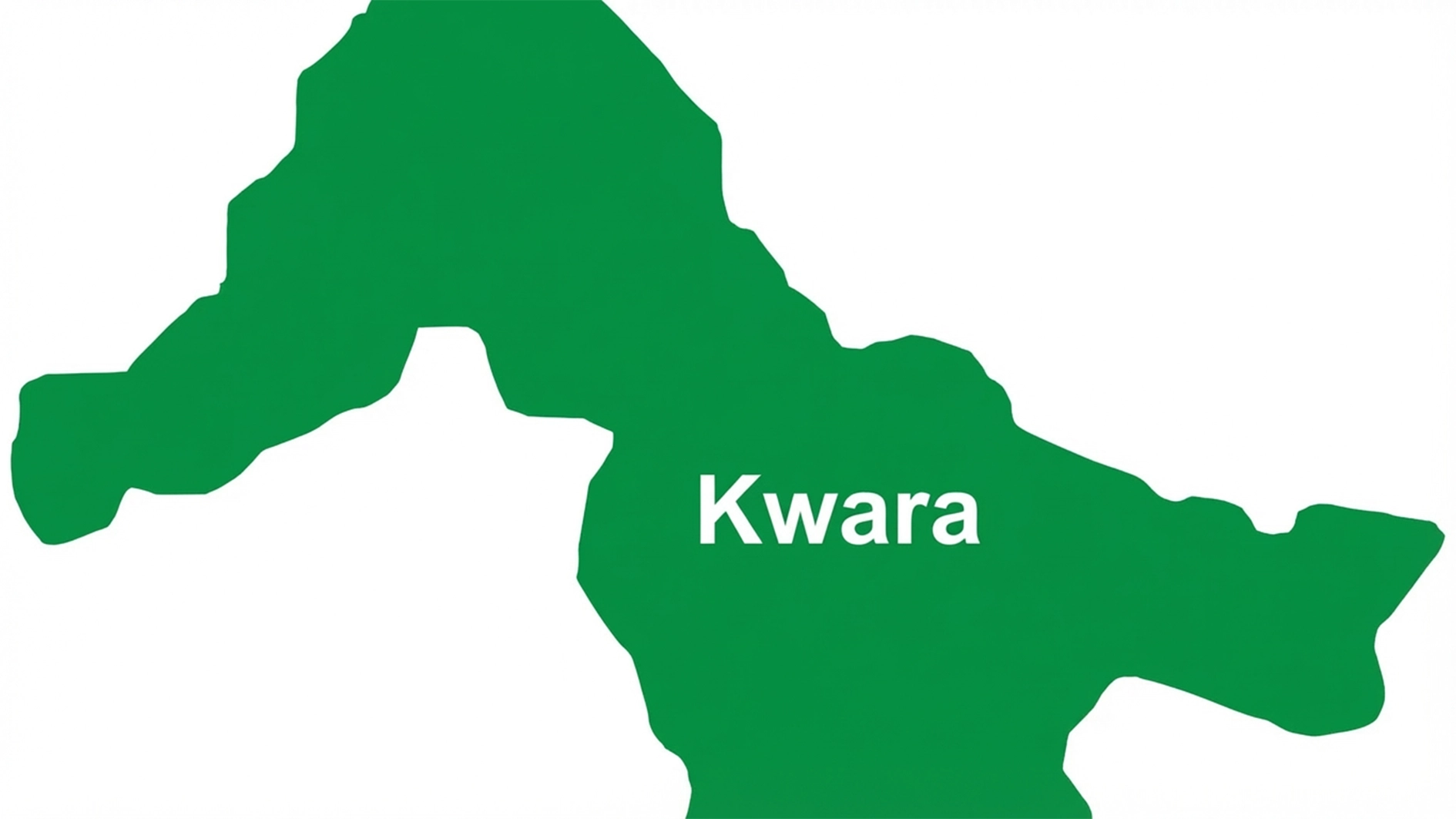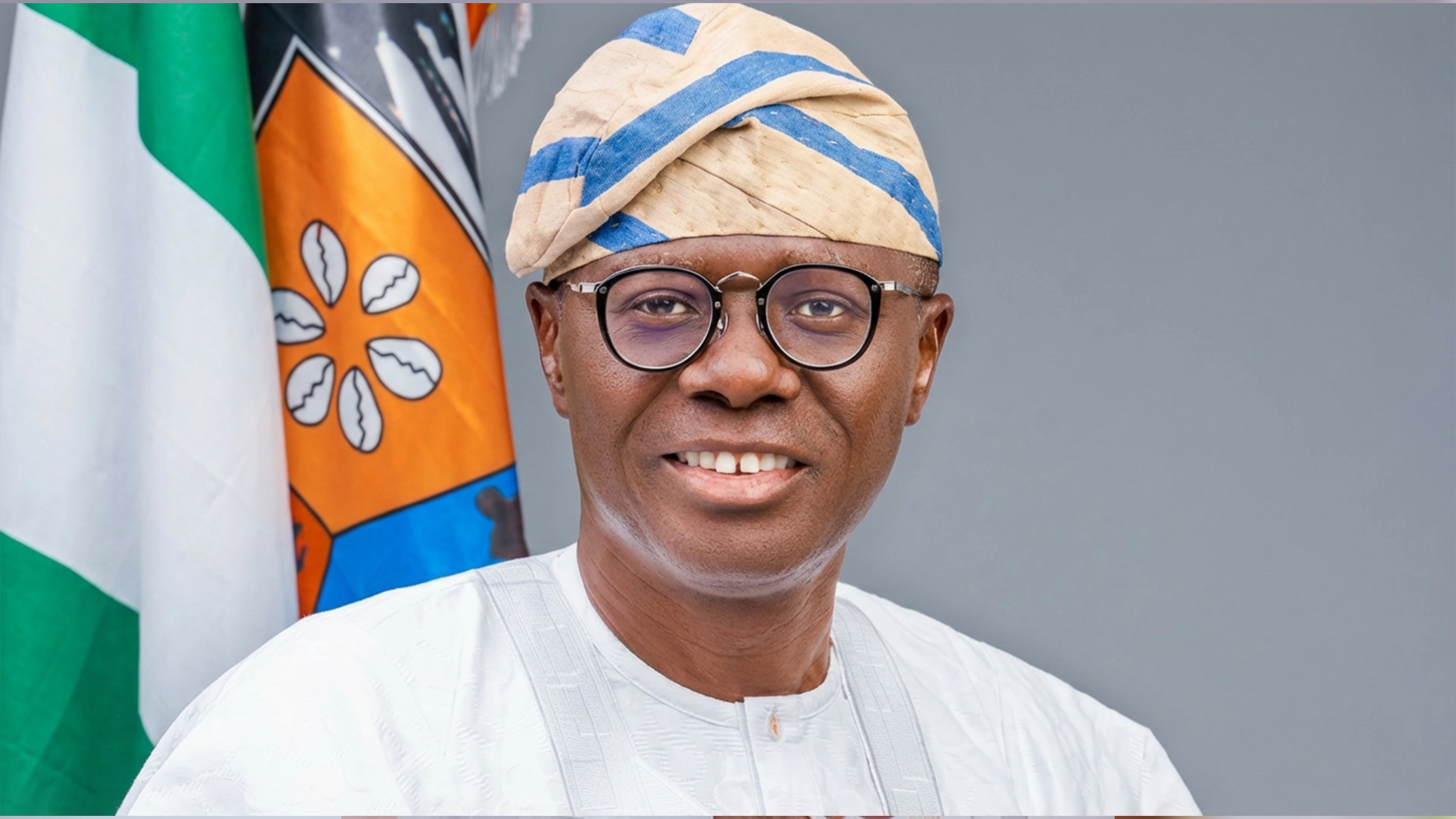
The United Nations Children’s Fund (UNICEF), has reiterated its commitment to supporting Jigawa, Kano and Katsina States to reduce the high rate of out-of-school children and improve the education sector.
The UNICEF Chief of Kano Field Office, Mr Rahama Mohammed-Farah, made the disclosure at a media briefing on the International Day of Education (IDE) 2025, on Friday in Kano.
He revealed that North-West has the second highest number of out-of-schools in Nigeria.
“The situation of out-of-school population in Kano, Jigawa and Katsina States is alarming, and further exacerbated by poor learning outcomes for those children who are fortunate to be enrolled in school.
“There are currently about 10.2 million children at the primary level who are out-of-school in Nigeria, 16 per cent of them are from Kano, Jigawa and Katsina states, according to MICS 2021.
“Katsina State alone has 536,112 out-of-school children,” he said.
Mohammed-Farah said UNICEF would continue to support those states in the areas of increasing enrollment drive, building the capacity of their teachers, improving infrastructure and providing instructional materials.
Other areas of intervention, he said, were the provision of personal hygiene and sanitation facilities, safe drinking water points and creating a conducive learning environment.
Mohammed-Farah, who said the importance of education can never be overemphasised, described education as a fundamental human right and engine of development of every society.
The chief of the field office, therefore, urged those states to intensify efforts in increasing appropriation, release of funds for basic education.
He also said that UNICEF has been supporting psychosocial programmes for children affected by conflicts, violence, or other forms of trauma.
The support, he said, helped them to cope with their experiences and foster a safe learning atmosphere.
He added that UNICEF introduced innovative approaches such as integrating technology into education to enhance learning opportunities for thousands of students through the Nigeria Learning Passport (NLP).
According to him, 182,170 children, teachers, and parents registered in it and they were benefiting from the programme.
He explained that the digital learning platform had provided free access to 15,000 curricular-aligned content.






